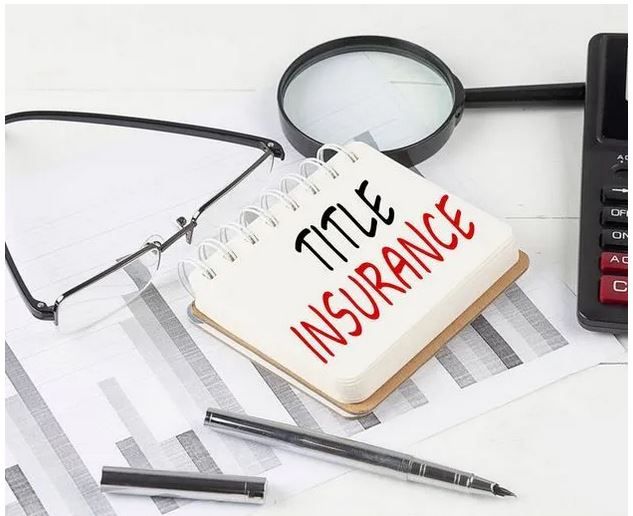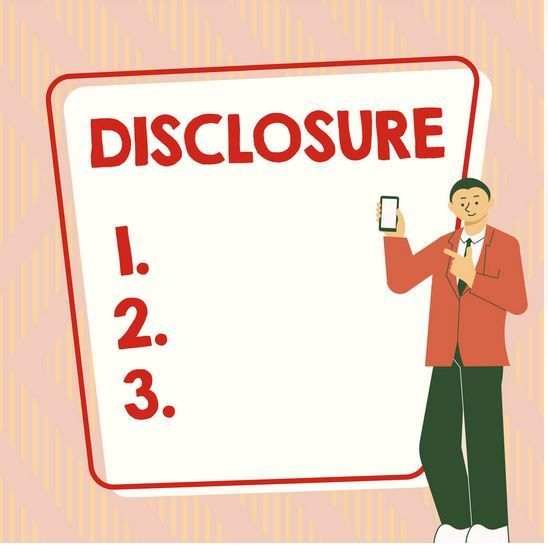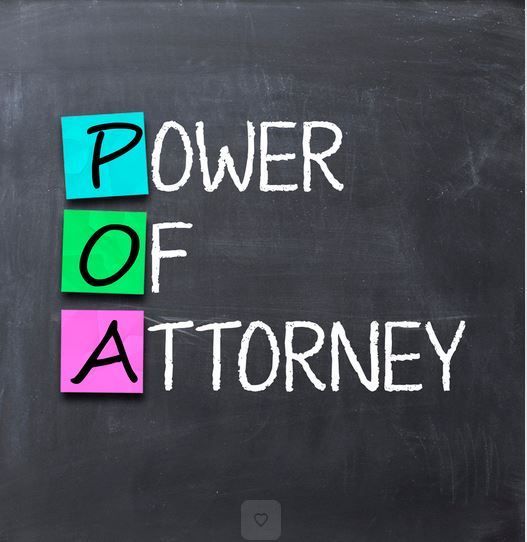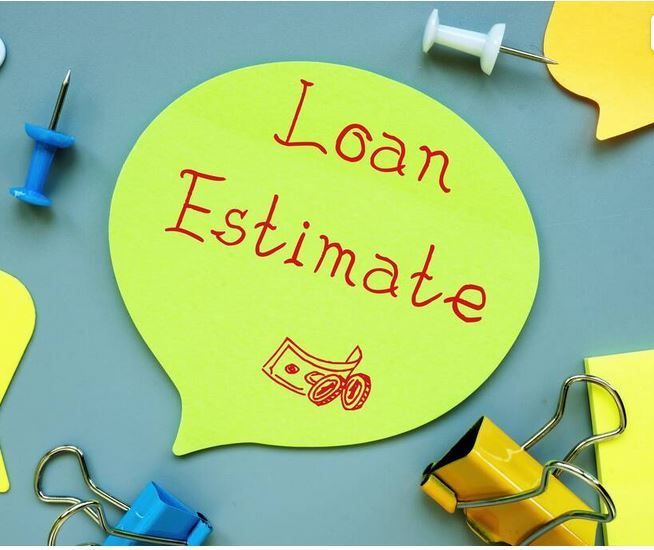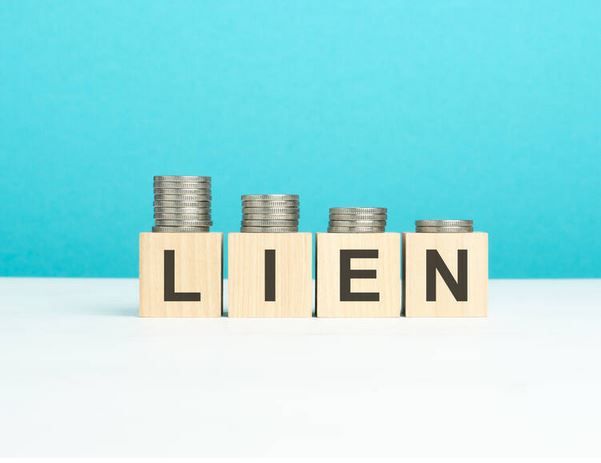How Property Tax Sales Work in Vermont
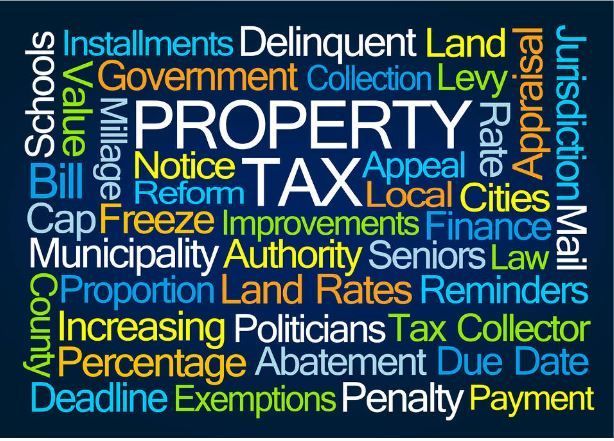
In Vermont, like many other states, property taxes are a fundamental source of revenue for municipalities. They play a crucial role in supporting essential community services such as education, public safety, and infrastructure. However, when property owners fail to meet their tax obligations, the town or city can initiate a property tax sale to recover the owed taxes.
What Triggers a Property Tax Sale?
When a property owner in Vermont neglects or fails to pay the due property taxes within the stipulated time, the municipality can initiate a tax sale process. This is typically a last resort, implemented only after the property owner has been given multiple notices and ample opportunity to settle the outstanding debt.
Notification Process
Before a property can be sold for unpaid taxes, the municipality must provide the delinquent taxpayer with notice of the pending sale. This notice outlines the amount due, including any interest and penalties, and offers a timeline within which the owner can settle the outstanding debt.
Auction Process
If the property owner fails to respond to the notifications and does not settle the outstanding tax, the property is listed for a public auction. Prospective buyers can bid on the property, and typically, the highest bidder wins. The winning bidder is required to pay the bid amount.
Redemption Period
Vermont law provides a one-year redemption period following the tax sale during which the original property owner can reclaim their property. To do so, they must repay the winning bidder the purchase amount, along with interest (typically at a rate of 1% per month). If the original owner redeems the property within this period, the winning bidder is reimbursed their investment plus interest.
Obtaining Ownership
Should the one-year redemption period lapse without the original owner reclaiming the property, the winning bidder can apply for a tax collector’s deed. This deed transfers ownership of the property to the bidder, making them the new legal owner. However, it’s essential to note that obtaining a tax collector’s deed does not necessarily extinguish all other title issues on the property, so due diligence is advised for prospective buyers.
Risks and Considerations
Participating in a property tax sale in Vermont can be a lucrative venture, but it’s not without risks. If the original property owner can prove that they were not given proper notice of the tax sale as required by law, they may be able to challenge the validity of the sale. This could potentially result in the reversal of the sale or create a cloud on the title. Prospective buyers should thoroughly research the property, including checking for other liens and assessing its condition. Additionally, the tax sale process does not uncover title defects, such as a voidable preferences in bankruptcy, errors in the property description, undisclosed easements, boundary disputes or claims of adverse possession. These defects can affect the value and use of the property and can be costly and time-consuming to resolve. Property may not be easily resold, mortgaged or insured with title insurance for a few years following acquisition through a tax sale. In some cases, former owners, tenants, or squatters may still occupy the property after the tax sale. Evicting such occupants can be a legal challenge and may delay the buyer’s ability to take possession of the property.
Conclusion
Property tax sales in Vermont serve as a mechanism for municipalities to recover unpaid taxes essential for community services. While these sales offer investment opportunities, participants should be aware of the associated risks. By understanding the process, conducting thorough research, and navigating the redemption period, individuals can make informed decisions when engaging in Vermont’s property tax sales.

